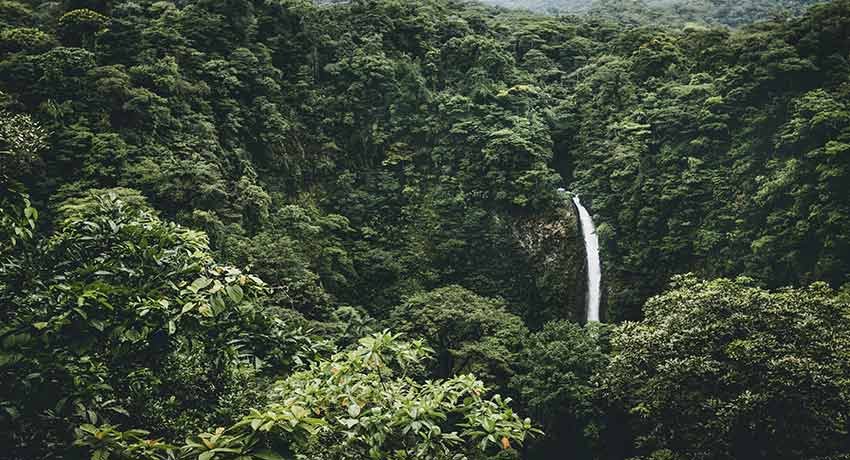URUGUAY
In Uruguay, the regulation is complete and covers everything from industrial use to recreational use. However, the implementation of the standard and the development of capacities and knowledge of public institutions have been obstacles for the industry. Even with the newly positioned government, the industry does not see possibilities for a regressive orientation, as it has seen exports of medicinal grade dried flower to countries such as Australia and Israel. Multinationals companies are seeing the first steps towards Uruguay becoming a pioneer country for medicinal cannabis products. In addition, the domestic market already has medicinal products and cosmetics produced from imported raw materials. Despite this growth, problems with the banks continue. Some of the solutions proposed in Canada and United States cannot apply in Uruguay because of the close relationship of the banks with their correspondents in the United Sates and the prohibition at the federal level.
On the other hand, one of the doubts about licensing is the possibility that companies that grow hemp for industrial purposes can grow cannabis for medicinal purposes, the response to which the industry is waiting with two alternatives for each scenario. Finally, Uruguay is expecting some interesting months to come due to the increase in licenses for medicinal purposes and the parliamentary approval of two laws on public financing and access to medicinal cannabis products.
BRAZIL
Brazil, on the other hand, has not yet regulated cultivation. However, ANVISA, the regulatory body, has established three avenues for marketing cannabis products: direct importation (requires patients to apply to ANVISA for direct authorization), Sativex (high-priced medicines available in pharmacies) and finally self-cultivation (requires the authorization of a judge).
Faced with the situation of the pandemic, the sector does not expect to see protectionist policies to boost the economy, but predicts legislative initiatives to regulate cultivation. In addition to its legislative power, ANVISA is a reputable entity in Brazil for being highly strict, although, in reality the requirements for medical cannabis products are no different from pharmaceuticals products, and self-cultivation is definitely not a threat to this regulation. Finally, Brazil is experiencing more agile processes as a result of the pandemic, as telemedicine has allowed patients to make appointments and request medicines online, as well as receive them at home, and historically lower prices are seen for imported cannabis products in pharmacies.
COLOMBIA
In the case of Colombia, there are challenges in implementing the regulation, and there is currently more interest in exporting than in the domestic market. Since February 2019, non-psychoactive cannabis exports have been happening, while psychoactive cannabis, because of its high regulatory standards, is only expected to see its first exports in the second half of 2020 (Clever Leaves). This issue opens the debate on the export of dried flowers, on which there are positions in favor and against. However, due to the high standards for its manipulation the export of fried flower is not considered to be an immediate solution. On the other hand, the situation of the financial sector and its relationship with cannabis companies remains complex, although with patience, transparency and efforts this new industry can create long-term relationships with banks.
Regarding the integration of farmers into the cannabis sector, although there is a 10% rule for licensees to manufacture psychoactive cannabis derivatives from small and medium sized growers, this rule has presented problems in obtaining quotas for small and medium sized growers, and so the companies’ efforts to create formal and stable employment may even be a better alternative. In conclusion, according to the analysis of 613Partners, the COVID-19 situation highlights the importance of partnerships to grow globally and reach more patients.
